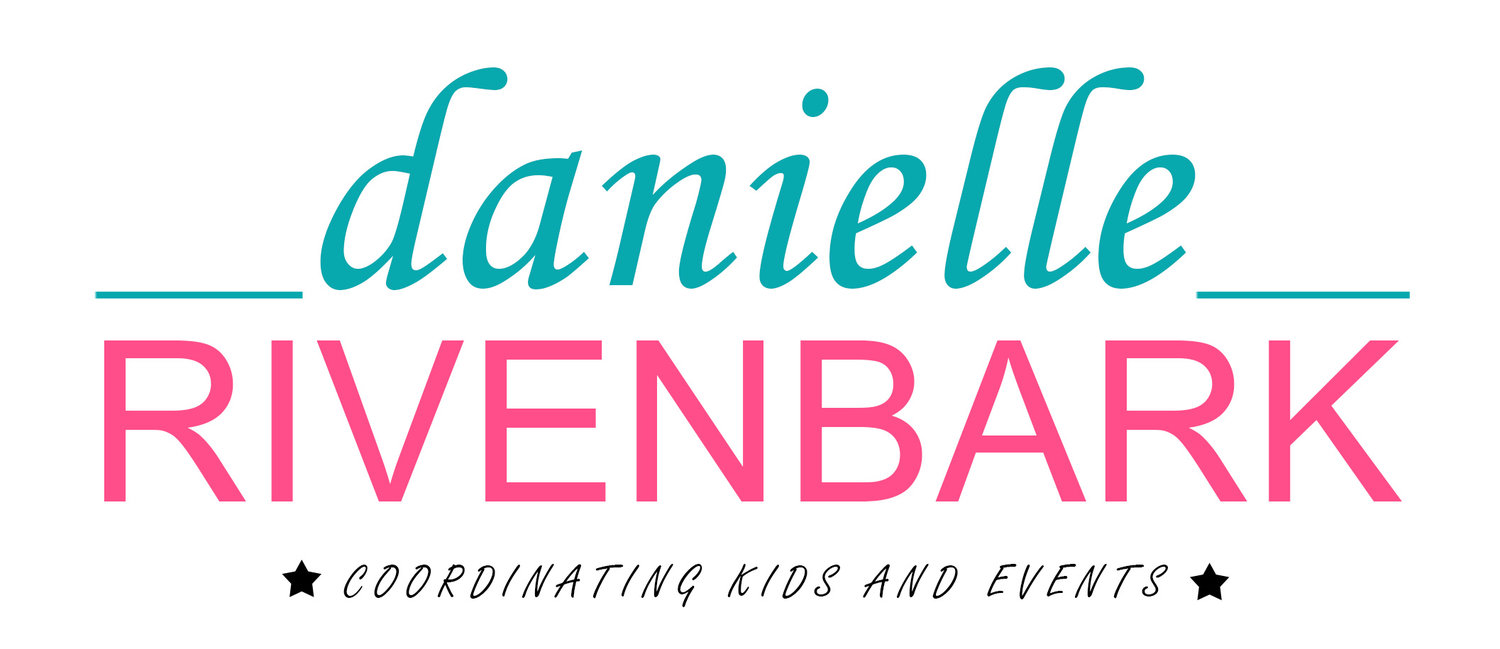A week or so ago Cindy and I covered a class for our colleague, Monica. It was a one-day program. At first glance it was pretty straightforward... until it wasn't. Do you ever think about writing down all the things you do on a daily basis or all the intricacies of running your events? Or updating your checklists daily? I would say most people don't. Here's what you can do when faced with having to cover for someone.
- Learn about the event. If you have the luxury of advanced notice before taking over an event then take advantage as much as possible. Have a meeting to ask about the purpose of the event and who will be in attendance. Gather information about the speakers and their needs during the program. Ask how the event is being funded, if there will be money collected, and what kind of forms the participants will need to fill out.
- Ask about the expectations. Ask what is expected of you before, during, and after the event. Based on the scenario I described above, we were only needed on the day of the program. The before and after was being handled by Monica, so we just needed to be attentive on the day of the program, check everyone in, and tend to the speakers' needs.
- Think about unexpected scenarios. Talk about what to do when presented with various scenarios. You may not be able to predict everything that will happen during the event, but the more prepared you can be the better. Some things could be, what to do if a speaker doesn't show up or an attendee is allergic to the meal being served. What should you do in the event of an emergency or where can you make last minute copies?
- Identify the important decision makers. If you run across a situation where you aren't able to make a decision yourself, find out who in attendance is able to make such key decisions. These people will likely be able to fill in the gaps that you might not have known about beforehand.
- Debrief. There is always something to be learned from an event. In this case, Cindy and I recommended that Monica use a typed sign in sheet in the future because it was difficult to read the attendees handwriting to know if they were there. Even though Monica would be the one deciphering the handwriting we collected, it was a good tip for her regardless. We also recommended that she take an allergy order prior to the program to submit to the caterer. Someone in the group was VERY allergic to gluten and had to wait for a separate plate from the caterer, which didn't arrive until the end of lunch.
Obviously, the event I described was a pretty straightforward one to handle. Not all events are so easy. What kind of tips do you have when you have to step into someone else's shoes mid-game?
Tune in tomorrow to read 5 more tips to peacefully pass along your programs, but from the other side of the table. What to do when you are preparing to pass your programs to someone else as opposed to taking them over.
